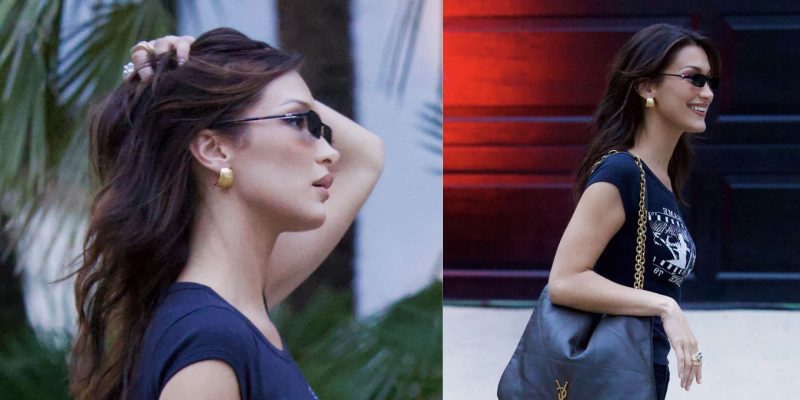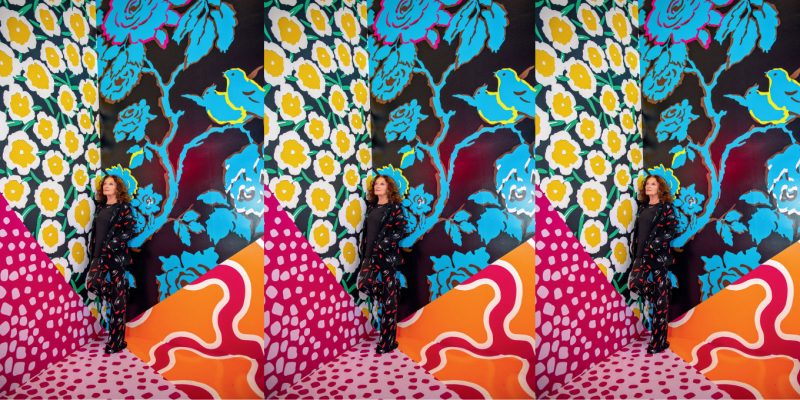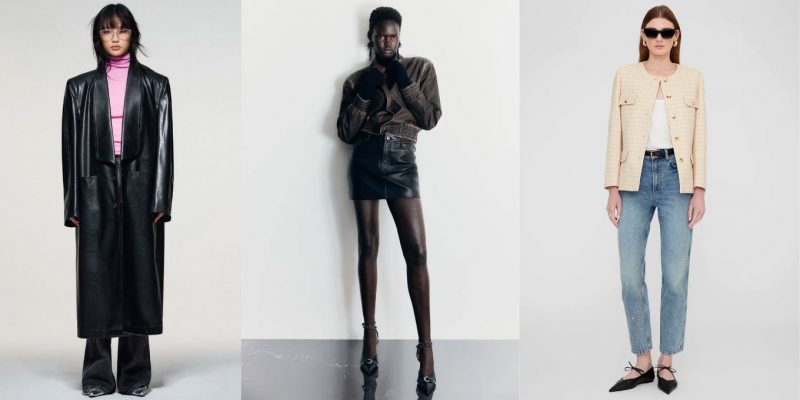Trends
New Classics Founder Alyssa Lau Wants to Change The Way You Shop
“If we can’t use our platform to effect change, then what is the point?”
by : Erica Ngao- Apr 6th, 2020
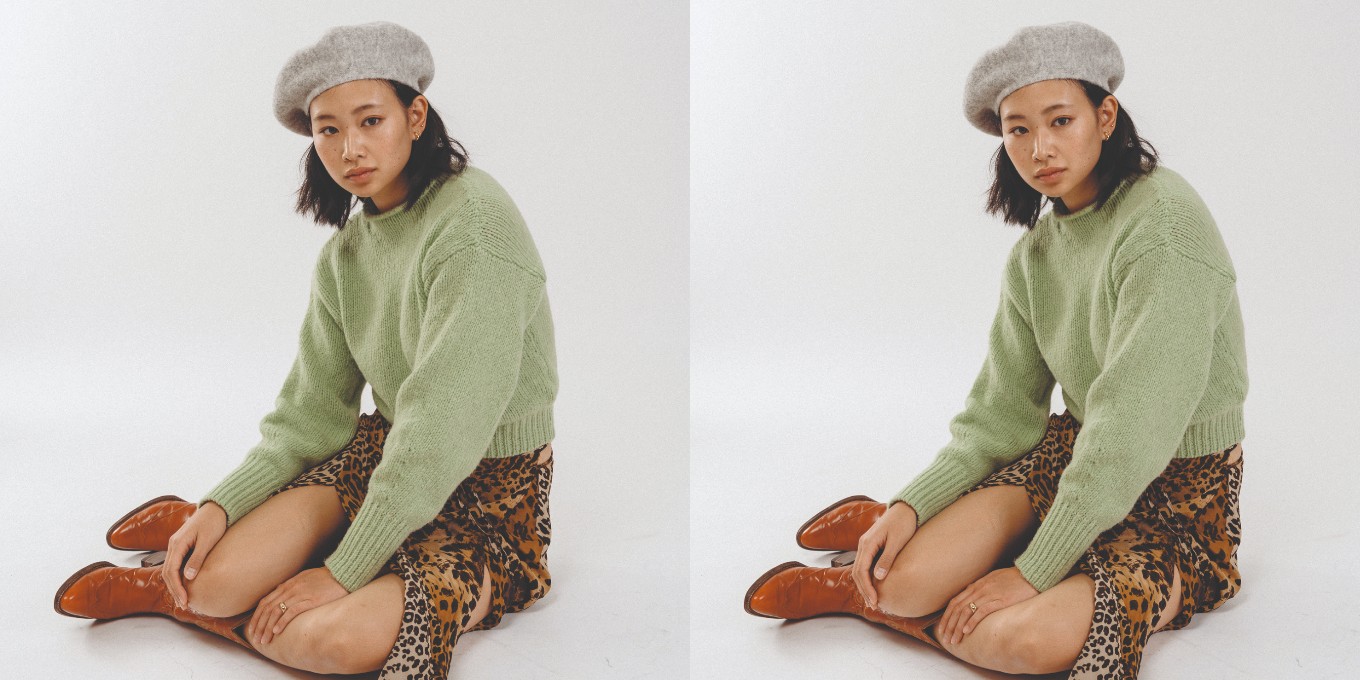
Eric Yun
How would Alyssa Lau describe sustainability? “It’s definitely a work in progress,” says the Edmonton-based content creator and founder of New Classics Studios. Making slow fashion more accessible is something that she’s been working on since launching the online retail store back in 2014. With a roster of Canadian and international brands devoted to different aspects of sustainably and ethically produced fashion, lifestyle and beauty, Lau is intent on building something that’s much more than a shopping destination. Whether she’s putting together multi-chapter explainers on topics like garment workers’ rights and greenwashing or donating a portion of sales to help combat the Australian wildfires, everything has a purpose. “If we can’t use our platform to effect change, then what is the point?” she asks.
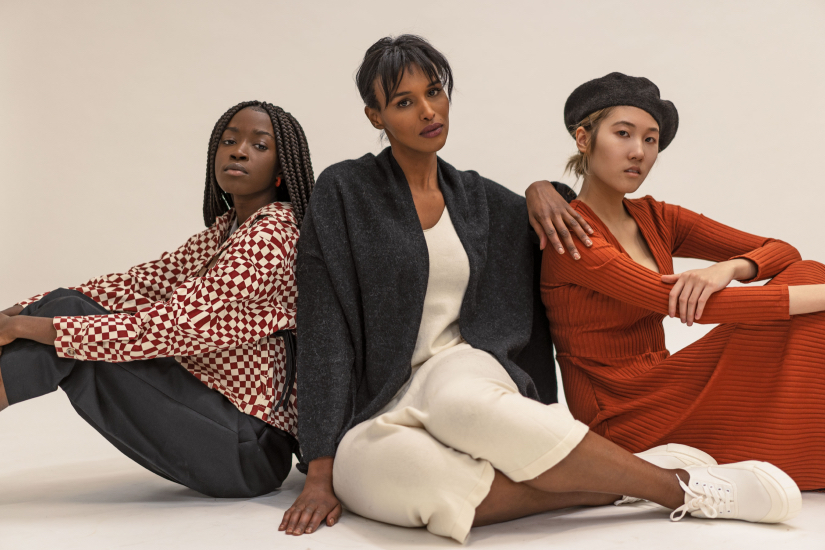
Lau’s first foray into fashion coincided with the boom of online communities in the early 2010s, when she would post artfully directed photos of her outfits on street-style aggregator Lookbook and on a blog that she ran with her cousin. After graduating from university, she found herself at a crossroads, juggling work in biochemistry research and as a retail assistant at a local boutique. Eventually, the frustration around the lack of slow-fashion options in the marketplace led her to start up New Classics. We spoke with Lau about her multi-faceted approach to sustainability, how we can be more mindful consumers and taking small but better steps.
How did you get interested in slow fashion?
“In 2014, my cousin gave me this book called Naked Fashion: The New Sustainable Fashion Revolution – that was my first peek into what the movement was. It talks about garment workers and brands that are doing innovative things, which got me thinking about how that conversation really didn’t exist in Canada. When [my partner] first proposed the idea of opening an online store, I was like, ‘There are so many online stores out there. What can we do that will actually have an impact?’ Slow fashion is the solution to the overconsumption [lifestyle] that we’ve now adopted.”
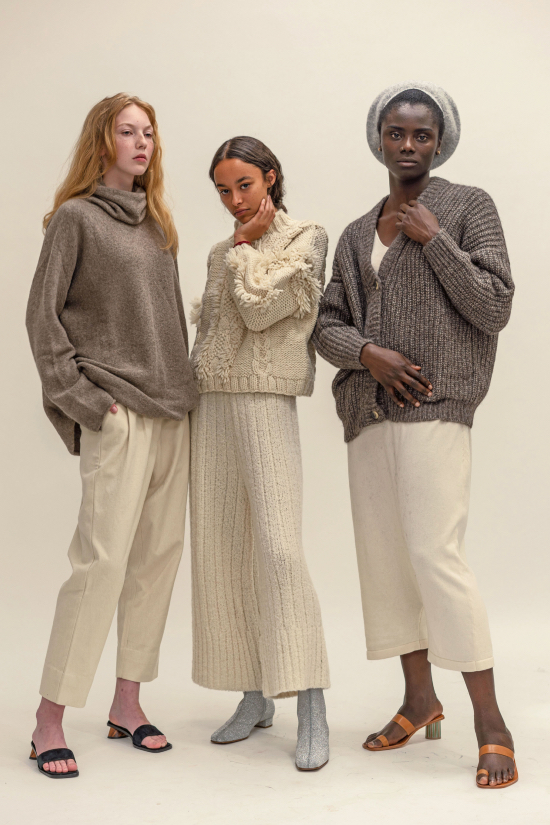
How do you decide which brands to carry?
“Something that we really wanted to do was show that there are different ways to be sustainable, whether that’s through [Global Organic Textile Standard] certification or working with artisans in developing nations. It’s about the potential we see, as well as making sure that we keep an interesting aesthetic. What do we imagine customers investing in? What do we personally think would be worth the investment?”
What needs to be a bigger conversation in the industry?
“Even though we’re a business, we want to make sure that whoever shops with us buys something because they truly like it, not because they think it’s some way to feel better about the state of the world. This idea of buying into sustainability – you can’t do that. The most sustainable thing we can do is make do with what we have. But, that being said, consumerism isn’t going away, so we want to provide a platform for designers and customers who are interested in slow fashion. Something we all need to talk about is: Do we need more stuff? And if we do, let’s make sure that what we buy is something we’ve thought about and researched.”
What can people do to incorporate sustainability into their wardrobe?
“Something I always say to people who are trying to learn more about slow fashion is ‘It’s about progress, not perfection.’ You can’t make a lifestyle change happen just like that. It’s a really positive thing that more brands are having these conversations with their teams, but I think it’s also up to us as consumers to hold them accountable to what they say. We need to show these brands that we have the ability to actually question what they’re doing. It’s all about making sure that you make space to pay attention to what’s going on – and there’s a lot going on.”
This article originally appeared in the March 2020 issue of ELLE Canada. Subscribe here.
READ MORE:
M.A.C Cosmetics Donates $10 Million to COVID-19 Relief Efforts
Kate Moss Sold One of Her Iconic Leopard Print Jackets for COVID-19 Relief
Newsletter
Join our mailing list for the latest and biggest in fashion trends, beauty, culture and celebrity.
Read Next
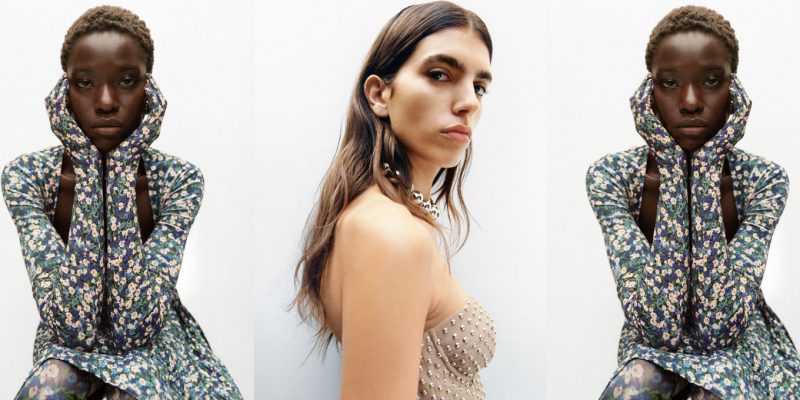
Fashion
H&M's Latest Designer Collab With Rokh Just Dropped (And It's So Good)
We chatted with the emerging designer about the collaboration, his favourite pieces and more.
by : Melissa Fejtek- Apr 18th, 2024
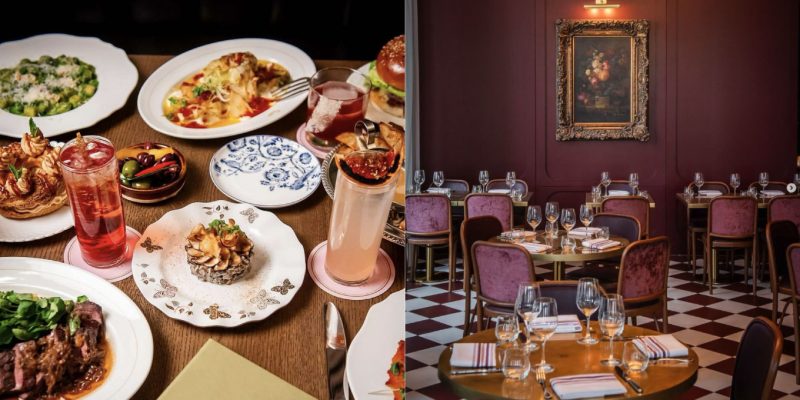
Culture
5 Toronto Restaurants to Celebrate Mother’s Day
Treat your mom right with a meal at any of these amazing restaurants.
by : Rebecca Gao- Apr 18th, 2024

Culture
ELLE Escapes: Savannah
Where to go, stay, eat and drink in “the Hostess City of the South.”
by : ELLE- Apr 15th, 2024

